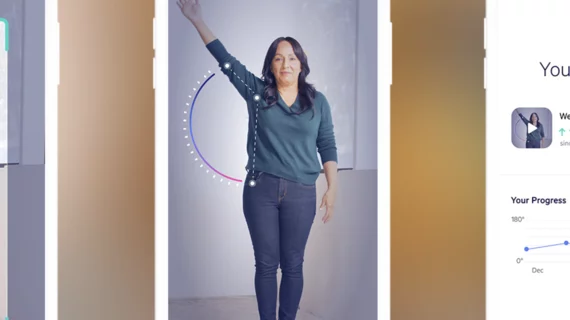Omada Health launches internal tool and new platform capabilities
Omada Health, a virtual care provider, launched its internal initiative that uses cross-functional data to drive its healthcare program, Omada Insights Lab. In addition, the AI company launched its Physician-Guided Care program for diabetes and hypertension, as well as enhanced musculoskeletal personalized physical therapy treatment.
The lab leverages data across five teams: data science, behavior science, clinical design, product design, and care delivery to optimize its programs across a host of health conditions. Omada is funded by some heavy hitters in the healthcare space, including insurance giant Cigna.
The virtual provider recently conducted an analysis of its diabetes care program, revealing care team feedback as a top driver of weight loss. Member care team rapport also correlated strongly with health outcomes, and members who interacted with their care team were 24% more likely to achieve their health goals. Members who messaged their care teams were twice as likely to achieve positive health outcomes. The insights enabled Omada to decrease automated nudges and strengthen the member-team relationship.
“The wellness industry has historically focused on incentivizing and nudging members to boost short-term engagement at the cost of long-term outcomes,” Jennifer La Guardia, PhD, director of clinical product and behavior science at Omada Health, said in a statement.
The Omada Insights Lab leveraged more than a billion data points from its 450,000 members’ interactions over the last decade to determine such insights.
Omada also recently launched its Physician-Guided Care program for diabetes and hypertension, creating the first virtual cardiometabolic clinic.
“Members will now have access to behavior change support, diabetes/hypertension management and education, devices and monitoring, and medical management of diabetes, hypertension, and dyslipidemia all in one place,” the announcement reads.
In addition, its new physical therapy capabilities include personalized treatment for members with new computer vision technology that allows data to inform treatment decisions.
“The computer vision technology that we have developed has the potential to reinvent the way we think about musculoskeletal care,” said Todd Norwood, PT, DPT, director of clinical services at Omada Health. “By leveraging the data collected with digital tools in tandem with programs that are based in the science of behavior change, we can help people improve their health both short and long term.”

